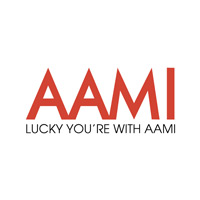A recent update of Google’s Knowledge Graph will see a sizable shift in how results are displayed.
Dr Pete from Moz (who I wrote about in an earlier post) has a really interesting write up on an update to the Knowledge Graph that has gone relatively unnoticed.
Have you ever typed something into Google which results in your answer appearing in an “Answer Box”? It’s happened to me a lot (mostly because, while an Aussie citizen, I was raised in America and still struggle with conversion of measurement like feet vs. meters or ounces vs. grams):
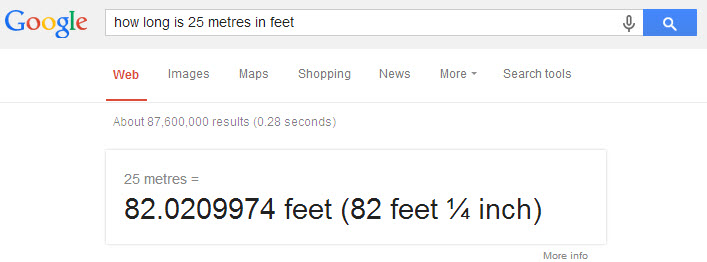
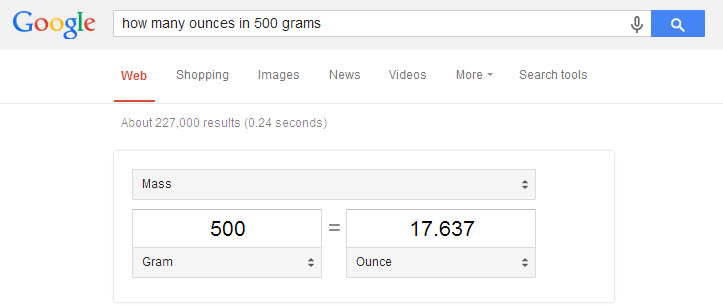
Currently, the typical Knowledge Graph result is taken from a very small pool of sources like Wikipedia and displayed on the right of the organic listings (see the reference to Wikipedia after the Tony Abbott description):
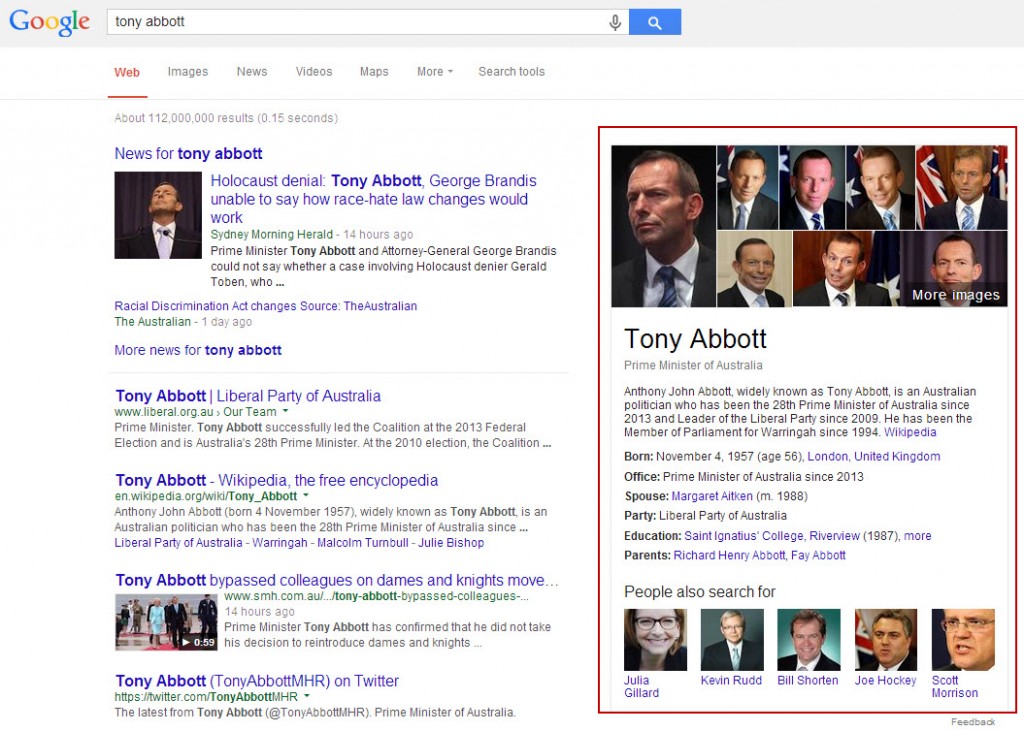
Due to the small number of sources, Google is forced to scrap curate from other, third party sites/publishers like you.
I ran a few tests this morning using some of the same queries Dr Pete used to replicate his results from the Moz post. Not surprisingly, I didn’t get the same SERPs with the Answer Boxes. But, I persevered to find a query that would result in an Answer Box outside of “how many calories…”.
Imagine my astonishment when I did dream up a query and got the Answer Box I was looking for:
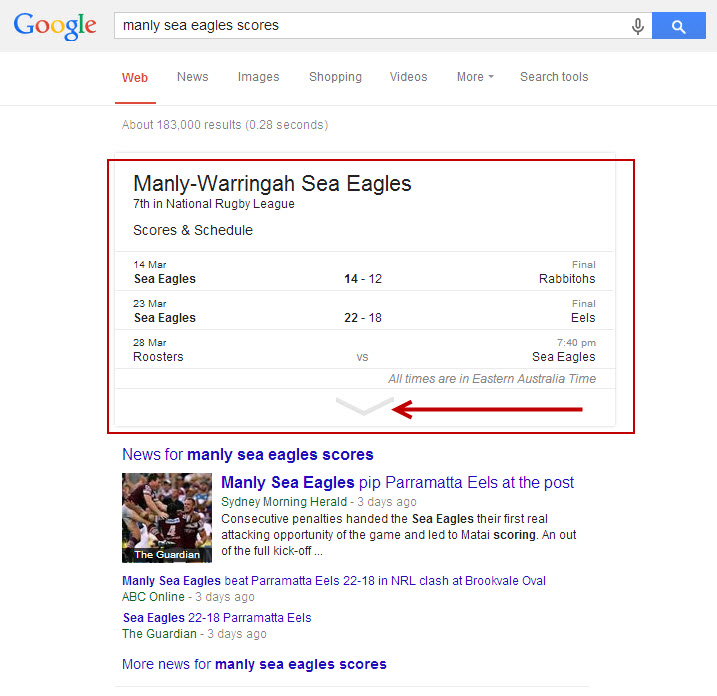
Then I noticed an arrow pointing down so I clicked on it and the Answer Box dropped open to show the entire 2014 NRL season schedule plus all the scores to the completed games that Manly Sea Eagles are involved in.
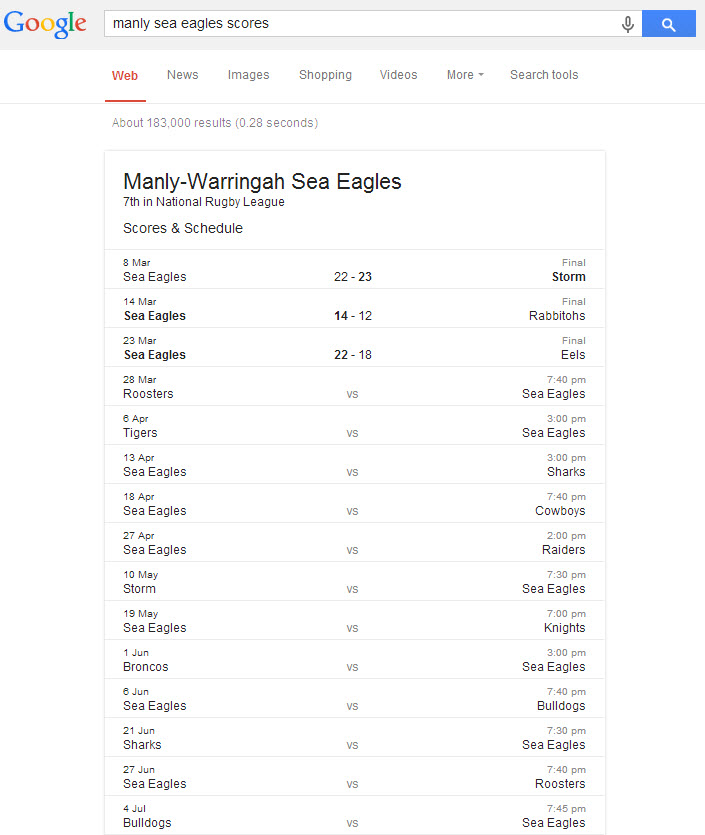
While the right panels generally comes from Wikipedia the Answer Box contents can come from anywhere really and it’s not explicitly stated. A few sites list similar data which could be a source, although it is not immediately clear (I’m still hunting):
Do you think this is fair play from Google?
How do you think this affects traditional organic search?


